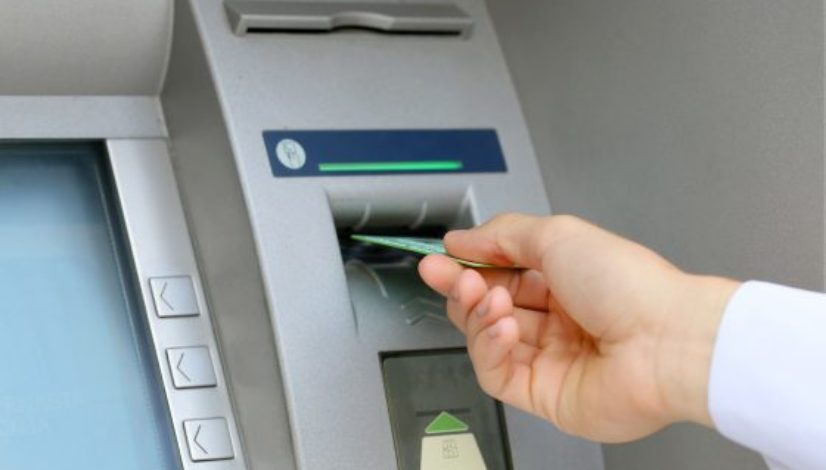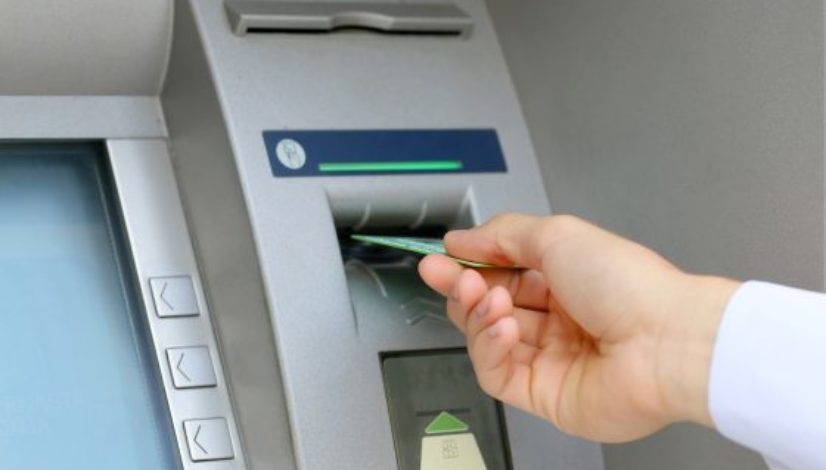Public banks offer hope for cannabis industry

Published: Nov 6, 2017, 7:46 am • Updated: Nov 6, 2017, 7:47 am
By Omar Sacirbey, marijuana Business Daily
DENVER — With most private institutions and credit unions still avoiding the legal cannabis industry, many marijuana businesses remain without bank accounts.
But one idea is gaining acceptance among marijuana entrepreneurs and a growing number of cities and states: the formation of public banks to serve the cannabis industry.
The problem? It’ll be a while before any open their doors.
Cities that are looking into creating such financial institutions include Los Angeles, Oakland and Santa Rosa in California; Philadelphia, and Santa Fe, New Mexico. The states of Arizona and Maryland are also entertaining the idea.
“It’s important for local jurisdictions to do what they can to facilitate a successful cannabis industry,” said Dan Kalb, an Oakland City Council member who’s supporting his city’s efforts to study the feasibility of a public bank.
“It’s important for local governments to help their success, and the lack of banking services is a gap that no other industry faces. So, it’s important for local governments and elected leaders to step up and try and solve that problem.”
Appeal of a public bank
There currently is only one public bank in the United States — the state-owned Bank of North Dakota (BND).
The Bismarck-based bank was founded in 1919 to serve farmers and small businesses in North Dakota who felt they weren’t getting fair treatment from commercial banks, and it remains popular today in a solidly conservative state.
The state, not the Federal Deposit Insurance Corp., insures BND’s deposits, and the North Dakota Department of Financial Institutions, not federal bank examiners, has oversight of the bank.
North Dakota’s medical marijuana program is due to go online in 2018, and a BND spokeswoman declined to discuss whether the bank would work with the state’s new medical marijuana companies. So banking could also soon be an issue for North Dakota’s medical marijuana businesses.
For state-compliant marijuana businesses — which are still considered illegal under federal law — the ability to bank at institutions that are regulated by local governments, rather than federal agencies, would be quite welcome.
Those financial institutions wouldn’t have to worry about losing a federal license or incurring some other punishment for banking businesses that violate federal law, and therefore would be more likely to accept marijuana plant-touching clients.
Backers of public banks are supportive of the concept because they would support small, local businesses and community projects — but they have also made no secret of their desire for these banks to serve local marijuana businesses.
“We have to figure out a way to make this industry work,” said Los Angeles City Councilman Herb Wesson, who recently explained to the council why he supports a public bank in his city.
Both Wesson and Kalb have said they’ve been in contact with marijuana businesses that support the idea of local government-owned banks.
Efforts to explore such institutions are in various stages of progress:
— Santa Fe paid for a feasibility study that showed support for a municipally owned public bank, then established a Public Banking Task Force whose mission is to decide whether the city should apply for a state banking license.
— The Northern California cities of Oakland, Berkeley and Richmond as well as Alameda County are jointly exploring the merits of establishing a public bank to serve their communities. The municipalities have chipped in $130,000 for a feasibility study.
— Researchers at Commonomics USA, a California organization that supports public banks, are drafting a template for how the state — which is responsible for issuing commercial bank licenses — could also issue public bank licenses. The goal is to get lawmakers to turn that template into a bill that could be considered as early as next year, said Marc Armstrong, a Commonomics official working on the draft. “If such a license exists, then a lot of governance problems go away,” he added.
Related stories
- Colorado’s bank commissioner who dreamed up cannabis banking solution steps down
- Cannabis equity fund seeks to raise record-breaking $250 million
- Crowdfunding site shuts down campaign for California cannabis farm fire victims
- Some cannabis farmers’ livelihoods could be wiped out by California fires
- Uruguay setting up dedicated cannabis dispensaries after banks scare off pharmacies
Stumbling block
While public banks can operate independent of some federal agencies, they still need to obtain a so-called master account from one of the nation’s 12 federal reserve banks. Financial institutions need master accounts to open accounts, process checks and interact with the rest of the nation’s financial system.
That issue has prevented Colorado’s canna-centric Fourth Corner Credit Union from opening. Although Fourth Corner possesses a Colorado state banking charter, the Federal Reserve Bank of Kansas City has turned down the institution’s application for a master account.
Proponents acknowledge that federal reserve banks can withhold master accounts from financial institutions that serve marijuana businesses. But that’s far less likely to happen if the public bank intends to serve many industries, not just marijuana.
“The reason Fourth Corner didn’t get (a master account) is because they were too concentrated in one industry, and the risk associated with that went way up,” Armstrong said.
Late to the party?
Marijuana businesses should temper their hopes about public banking because it could take at least two or three years before such an institution jumps through the necessary bureaucratic hoops and accumulates enough capital to open.
And by then, industry observers said, it may be too late. A growing number of commercial banks are becoming open to accepting marijuana businesses as clients, so in a few years, public banks will face much more competition for cannabis cash than exists now.
“Public banks are a good idea, but by the time anyone gets around to opening one, you’re going to have – as far as California goes – more financial institutions for marijuana businesses to choose from,” said Lance Ott, CEO of Guardian Date Systems, a canna-centric financial services company in the Golden State.
“(Public banking) process could take years. By the time they launch it, they’re going to be too far behind to make a large impact unless they offer some very attractive incentives to potential customers to come on board.”
Information from: Marijuana Business Daily
Topics: banking, California, cannabis industry, federal banking regulations, federal enforcement




